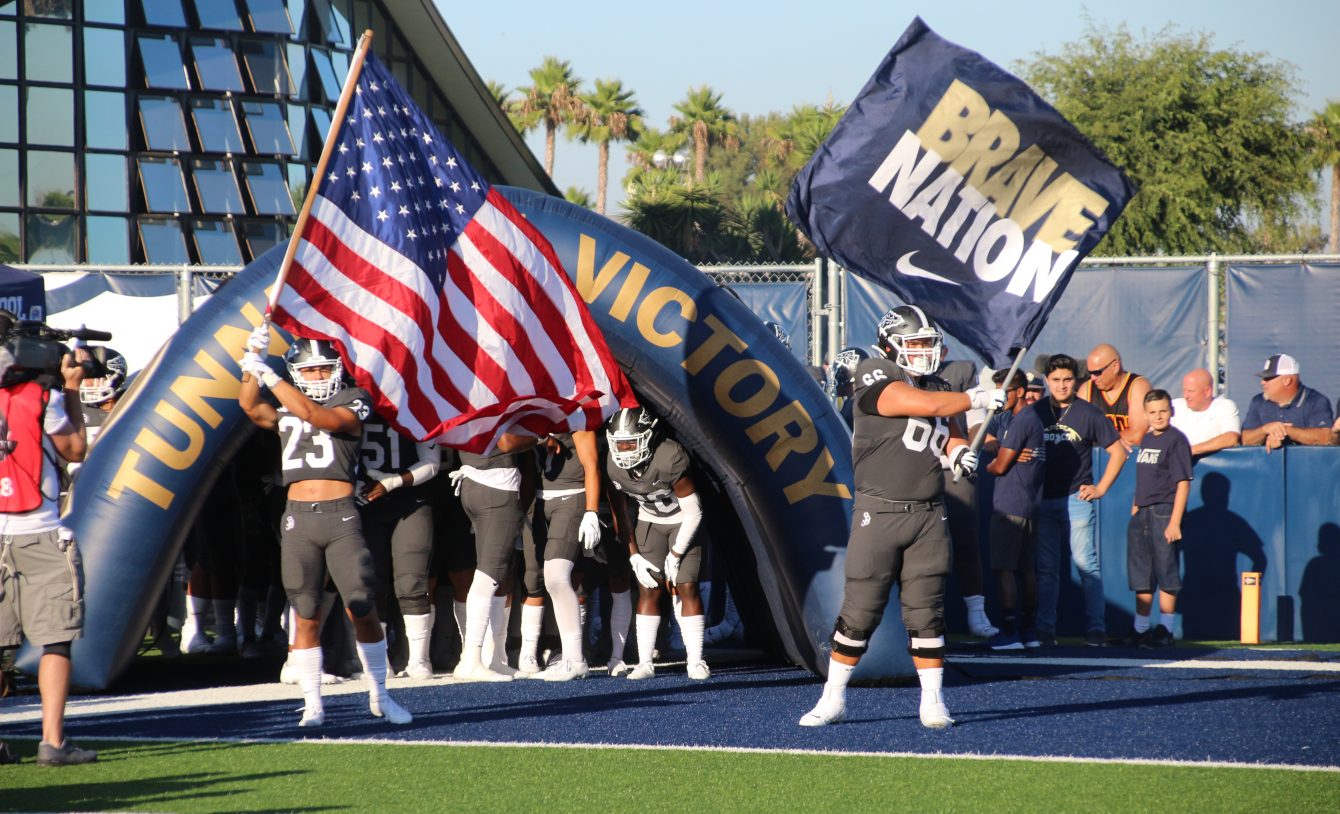News/OP-ED: How A Nation Divided Can Glean Inspiration From King’s Dream
by Joshua Hernandez, Editor-In-Chief, and Joaquin Medrano, Managing Editor
The nonviolent civic legacy of Dr. Martin Luther King, Jr. runs deep, and one of the greatest ways America could honor his memory is by listening to his rhetoric and transforming current politics into an environment that is welcoming for everyone.

With a domestic state of affairs that can simply be described as chaotic, unjust and perilous, the toxicity level between Americans with different social and political opinions has reached an unforeseen height. In turn, it deprives the masses of the ability to unite during times of strife, agony, despair and confusion.
During the battle for Civil Rights between the 1950s and 1960s within the United States, Dr. King emerged as a central voice for African Americans nationally who simply wanted justice and to have a shot at living a life where they weren’t hated or discriminated against solely because of the color of their skin.
In opposition to the segregationist Jim Crow laws in the South as well as oppression in other areas of the country, Dr. King emphasized the need for his people to choose peace and use nonviolent means to reach their just end.
At that point in American history, African Americans had been through indescribable injustice, oppression and marginalization. Why try to resonate and be nonviolent with a group of people and a country that has long oppressed, marginalized and institutionalized you and your people?
Through the use of Biblical references, Dr. King was able to rally the fervor of his listeners, to unite both blacks and whites in America to fight for the same cause. A very devout man who was undeniably devoted to the cause of justice for his people and those oppressed everywhere, he saw no value in violent resistance. Instead, he wanted to appeal to the better half of the oppressor and protest, mobilize, organize and fight in a way that was respectful, defendable and just.
Dr. King preached on the importance of joining the oppressors and the oppressed. He called for the oppressed to be the “bigger person” and show love for their oppressors, while he called the oppressors to be in the shoes of those they oppressed for a second and think of how it feels to be mistreated in a changing society.
However, the incidents of the Insurrection at Capitol Hill in Washington, D.C. on January 6th were anything but nonviolent, respectful, defendable or just. Indubitably, it was an act of domestic terrorism – an attack on America’s ever so sacred Democracy. The dream envisioned by Dr. King was much less clear across America that day. People died outside and inside the Capitol, and Confederate flags graced Capitol halls for the first time ever.
Importantly, the rioters committed insurrection and sedition for a cause that has been debunked and is rooted in denial and conspiracy. In comparison, Dr. King and those who supported his battle for Civil Rights never once raided federal property or responded with violence against our Democracy, and there actually was a legitimate reason for them to protest.
As America heads into a new administration and reflects on the good that Dr. King brought to this country, let’s remember his powerful nonviolent rhetoric in the face of mass scrutiny, violent pushback and oppressive discrimination.
In retrospect, Dr. King’s message is not a part of American history that can be left on textbooks as a memory of what America was, but instead a measure of what American should be like. Dr. King left a message for the masses- a message that can be shared with the world full of peace, love and acceptance. Dr. King’s message should be regarded as a message not only for those living in a pre-Civil Rights Movement era, but also in a time where parallels can be drawn between the past and the present.
In the end, a society cannot move forward without recognition of its past and looking for ways to fix what is broken. Dr. King did not die a martyr because he caused a change in the 1960s, but he died a martyr because his vision remains true long after his death, as many people have decided to lead inspired by his work.
A country should never forget the work of social justice martyrs; a country should fight for their work to be completed and for their dreams to be fulfilled.

